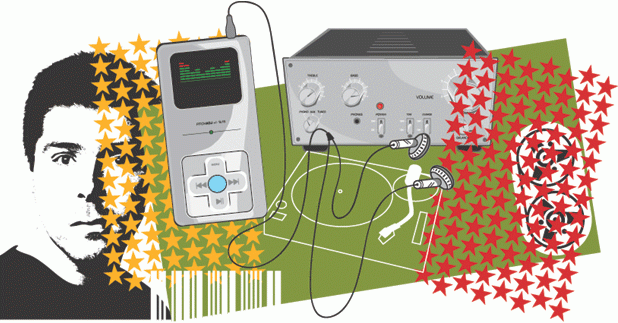Legendary Irish sports commentator Philip Greene (90) passed away in May 2011.
RTÉ reported Sunday, 15 May 2011
The death has taken place of Philip Greene, who was best known as a soccer commentator on RTÉ Radio, as well as being as Head of Sport with the station. Greene began his RTE Radio career in the 1940’s. He was editor, producer and presenter of the popular Sports Stadium programme. His first commentary on a soccer international was the game against Argentina at Dalymount Park in 1951. A life-long Shamrock Rovers and Manchester United supporter, he also wrote a column in the Evening Press newspaper. Although best known as a soccer commentator, Philip Greene also commentated on athletics and cricket. He covered his last soccer international for radio in 1985, the year of his official retirement.
hear Philip Greene in action in this 1957 recording. Ireland v England World Cup qualifier in Dalymount Park. An injury time (90th minute) England equaliser puts Ireland out of qualification for the 1958 world cup finals.
from the Irish Times May 19th 2011
Eoin Greene … recalled the time his father had done a broadcast for the BBC on the Belgium-Ireland European Championships qualifier in 1986 when he and his brother, who were with their father for the commentary, were told to keep quiet until after the match. When the match ended 2-2, his father put down the microphone and told his children to “turn up the volume on the television”. He had covered the match from home.
